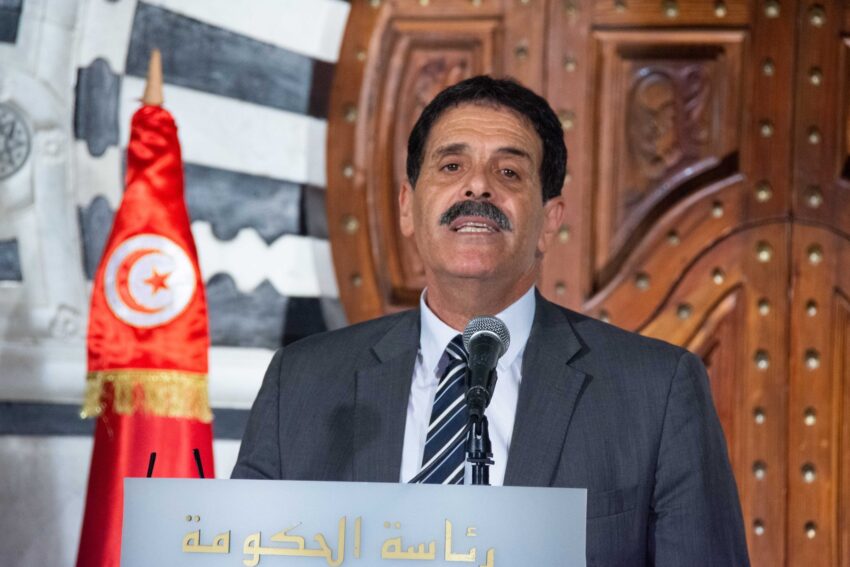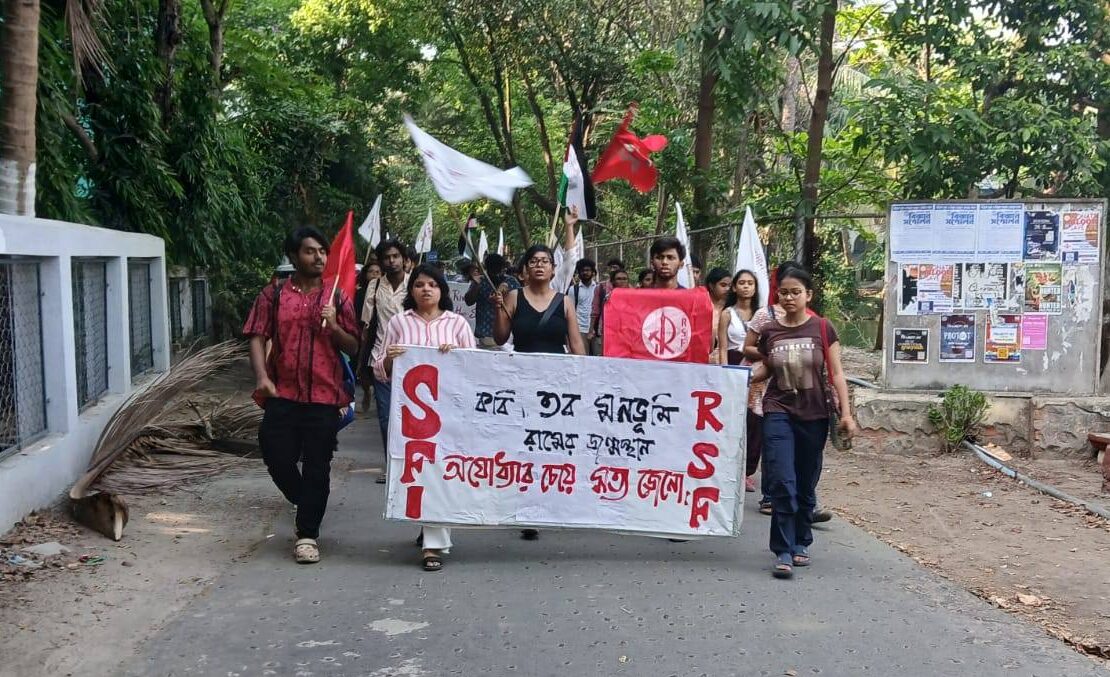
Respingere
la montatura giudiziaria e poliziesca
Libertà per Hannoun e tutti
gli inquisiti palestinesi.
La
solidarietà con la Resistenza palestinese non è reato!
proletari
comunisti/PC m Italy
27-12-25
info press
Finanziamenti
ad Hamas per sette milioni, 9 arresti. L’indagine partita da Genova
Scoperti
bonifici bancari verso associazioni (con sedi a Genova e Milano)
“dichiarate illegali da Israele, perché controllate da o comunque
collegate ad Hamas”
redazione
Web
27 Dicembre 2025
Roma
– Nove persone sono state arrestate
dalla polizia e dalla guardia di Finanza perché
accusate di avere finanziato Hamas per 7 milioni di euro attraverso 3
associazioni; le ordinanze di custodia cautelare sono state emesse
dal tribunale su
richiesta della Direzione distrettuale Antimafia di Genova.
Secondo
quanto spiegato, l'indagine sarebbe partita dall'analisi
di operazioni
finanziarie sospette e
si sarebbe sviluppata grazie a scambi informativi con altri uffici
inquirenti italiani e con le autorità dei Paesi Bassi e di altri
Paesi della Ue.
Per
gli inquirenti, il “finanziamento delle attività terroristiche”
sarebbe avvenuto attraverso
3 associazioni di beneficenza:
in particolare, gli arrestati vengono accusati di avere
“rilevantemente contribuito alle attività delittuose
dell'organizzazione terroristica, per un ammontare complessivo di
circa 7 milioni di euro”, con “operazioni di triangolazione”
attraverso bonifici bancari o con altre modalità
attraverso associazioni
con sede all'estero,
in favore di associazioni con sede a Gaza “dichiarate illegali
dallo Stato di Israele, perché appartenenti, controllate o comunque
collegate ad Hamas” o “direttamente a favore di esponenti di
Hamas” e nello specifico “a Osama
Alisawi,
già ministro del governo di fatto di Hamas a Gaza, che in varie
circostanze sollecitava tale supporto finanziario”.
Chi
sono le 9 persone accusate
Di
seguito, come reso pubblico dalle forze dell’ordine, l’elenco dei
destinatari delle misure cautelari:
Mohammad
Mahmoud Ahmad Hannoun,
considerato il vertice della cellula italiana di Hamas e legale
rappresentante/amministratore di fatto delle principali associazioni
coinvolte;
Ra'Ed
Hussny Mousa Dawoud,
referente della cellula italiana e dipendente della filiale milanese
di una delle associazioni;
Al
Salahat Raed,
referente per Firenze e la Toscana, membro del board della European
Palestinians Conference;
Elasaly
Yaser,
responsabile con Dawoud della filiale di Milano di una delle
associazioni;
Albustanji
Riyad Abdelrahim Jaber,
promotore della raccolta fondi, documentato in immagini con divise e
armi dell'ala militare di Hamas;
Osama
Alisawi,
co-fondatore di una delle associazioni con sede a Genova;
Abu
Rawwa Adel Ibrahim Salameh,
referente per il nord-est d'Italia.
Abu
Deiah Khalil,
legale rappresentante dell'associazione La Cupola d'Oro e custode
della filiale di Milano.
Abdu
Saleh Mohammed Ismail,
domiciliato in Turchia, accusato di avere trasferito circa 462.700
euro verso Gaza.
Quali
sono le associazioni coinvolte
Le
indagini si sono concentrate su enti con sedi
a Genova e Milano,
utilizzati per la raccolta fondi:
Associazione
Benefica di Solidarietà col Popolo Palestinese, con sede a Genova;
Associazione
Benefica La Cupola d'Oro, con sede a Milano;
Associazione
Benefica La
Palma.
Il
ministro Piantedosi: “Grato ai magistrati di Genova”
Commentando
la notizia, il
ministro dell'Interno, Matteo Piantedosi,
ha parlato di “un'operazione molto importante e significativa,
quella portata a termine dalla polizia e dalla Finanza con l'arresto
di 9
persone, tra cui Mohammad Hannoun.
Pur con la doverosa presunzione di innocenza che va sempre
riconosciuta in questa fase, è stato squarciato il velo su
comportamenti e attività che, dietro
il paravento di iniziative a favore delle popolazioni palestinesi,
celavano il sostegno e la partecipazione a organizzazioni con vere e
proprie finalità terroristiche di matrice islamista. Un pericolo
rispetto al quale c'è la massima attenzione da parte del nostro
governo”.
Ancora:
“Grazie alla professionalità dei
poliziotti e dei nuclei specialistici della Finanza si sono potuti
ricostruire contatti e flussi finanziari su scala internazionale.
L'ennesima dimostrazione delle competenze e capacità investigative
delle nostre forze di polizia che si confermano tra le migliori al
mondo. Sono grato al capo della polizia, al
procuratore nazionale Antiterrorismo e ai magistrati di Genova per
come hanno coordinato tali professionalità, contribuendo allo
sviluppo di una indagine di straordinaria importanza. Questo
risultato ci incoraggia nell'opera di ulteriore rafforzamento delle
nostre forze dell'ordine che stiamo
portando avanti da 3 anni e
che continueremo finché ci verrà affidata la responsabilità di
governo”.
I
pm: “Le azioni di Israele non giustificano il terrorismo”
Il
procuratore nazionale Antimafia, Giovanni Mlillo, e il procuratore di
Genova, Nicola Piacente, hanno spiegato che “le indagini e i fatti
attraverso esse emersi non possono in alcun modo togliere rilievo
ai crimini
commessi ai danni della popolazione palestinese successivamente
al 7 ottobre 2023 nel corso delle operazioni militari intraprese dal
governo di Israele, per i quali si attende il giudizio da parte della
Corte Penale internazionale”, e però “tali crimini non possono
giustificare gli atti
di terrorismo, compresi quelli del 7 ottobre 2023, compiuti da
Hamas e
dalle organizzazioni terroristiche a questa collegate ai danni della
popolazione civile, né costituirne una circostanza attenuante”.









.jpeg)





















